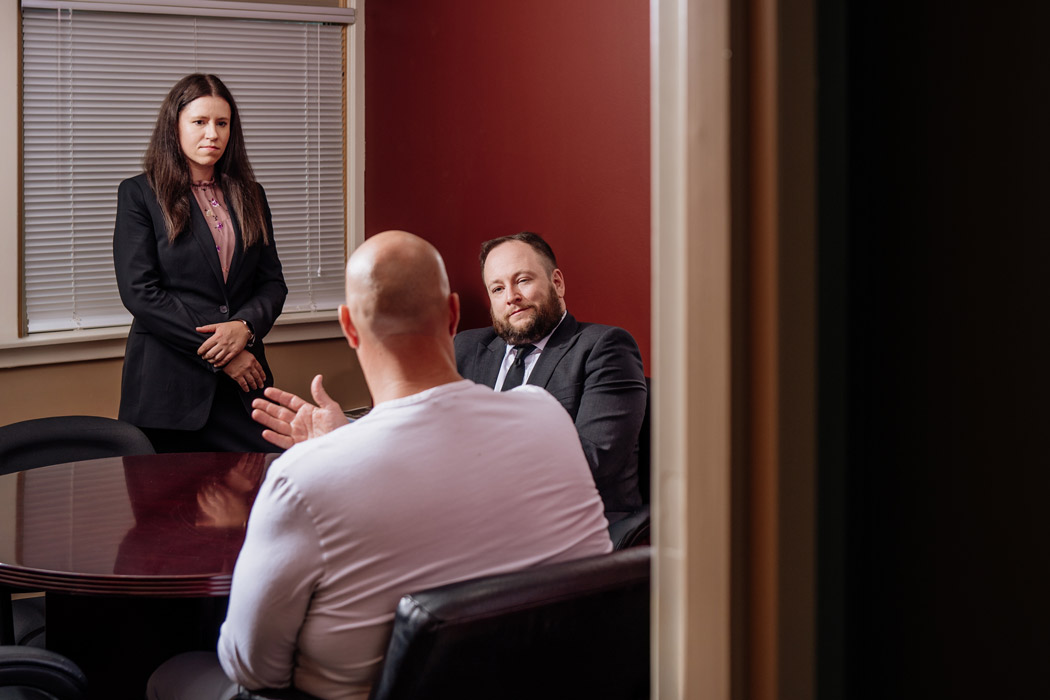
While an assault often involves physical violence, such as intentionally applying non-consensual force upon another person, it can also include threats to apply non-consensual force or accosting another individual with a weapon.
When it comes to an assault involving non-physical force, the victim must have reasonable grounds to believe that the perpetrator will follow through with the threat of applying physical force. Evidence of physical force is not necessary in this case.
While this definition applies to assault in general, different forms of assault have different requirements and some are treated more seriously than others.
Common Charges Associated With Assault
Common charges associated with aggravated assault include:
- Assault causing bodily harm
- Aggravated assault
- Assault with a weapon
- Sexual assault
- Uttering threats
Consequences of Assault
As there are a range of assault charges, the consequences are dependent on the specific charge but include:
- Imprisonment of up to five years for indictable matters, or
- Imprisonment of up to two years and/or a $5,000 fine for summary conviction matters.
A summary conviction, or a summary offence, is resolved without a jury or an indictment. It’s considered a “less serious” offence and is punished according to a different set of rules and lower sentencing guidelines.
I’ve Been Charged With Assault. What Should I Do?
You need to speak with a criminal defence lawyer right away. Contact DDSG Criminal Law today for legal representation and to ensure that your rights are protected.








